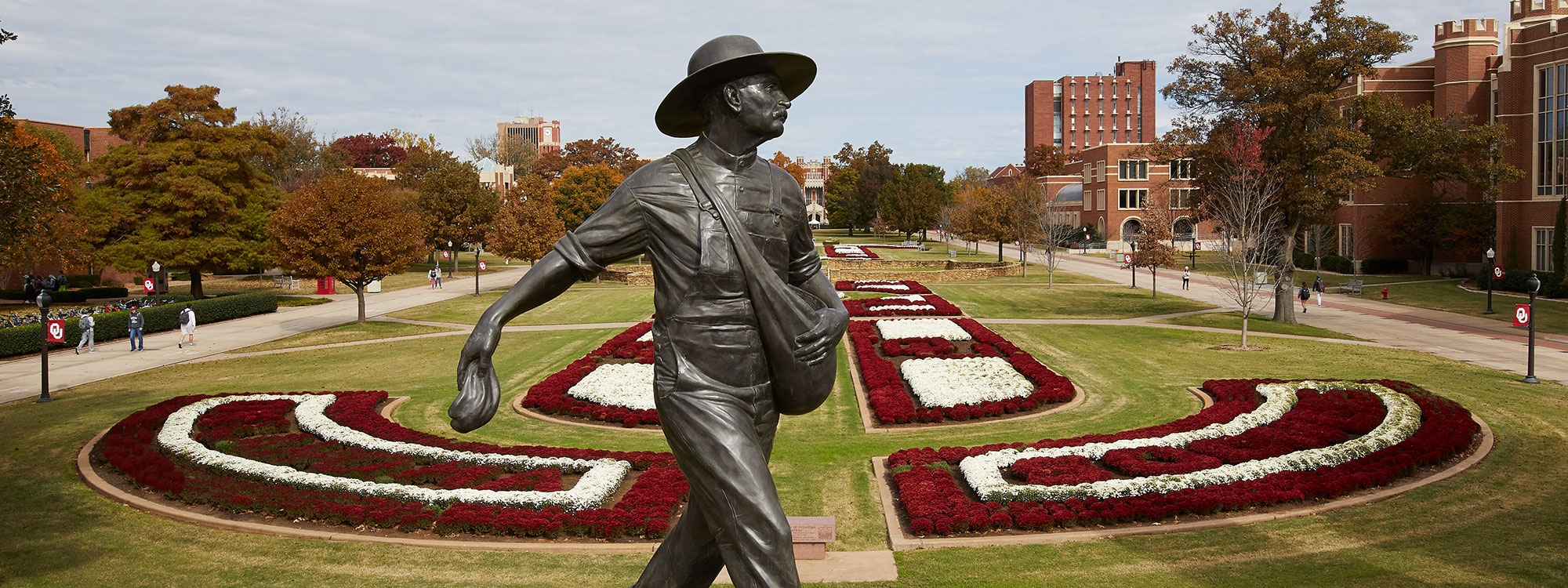
The School has focused on creating a clear statement of its Vision, Mission, Goals and Student Learning Outcomes to guide its decisions in curriculum development, faculty searches, and student evaluation. These guiding statements were first developed in 1994, and most recently revised by the SLIS faculty and approved in 2019.
According to the 2023 Standards for Accreditation of Master's Programs in Library and Information Studies.pdf (ala.org) Standard I: "Systematic Planning
The program’s implementation of an ongoing, broad-based, systematic planning process involves the constituencies that the program seeks to serve, including members of traditionally underrepresented and historically underserved groups, and results in improvements to and innovations in the program.
I.1 Mission and Goals. The mission and goals of the unit and the educational program foster quality education and incorporate values of access and opportunity for all students. The program’s goals and objectives align with the needs of the LIS profession, demonstrate continuous improvement over time, and are informed by the mission of the parent institution."
The SLIS Vision and Mission statements are found on the About SLIS page. On this page, goals and program-level student learning objectives are listed.
Program Objectives
Upon completion of the MLIS degree program, students should be able to:
Program-level Student Learning Outcomes (SLOs) for the MLIS:
The SLOs are equivalent to the program objectives but are written below with greater detail and definitions.
SLO 1 Core Knowledge. Graduates demonstrate advanced knowledge of LIS theories, history, principles, and practices, including advocacy for underserved groups. Core knowledge is reflected in the ALA Accreditation Standard II:
SLO 2 Intellectual Skill. Graduates demonstrate an ability to find, collect, evaluate, critically analyze, organize, synthesize, and disseminate and preserve information, in different information formats, from multiple sources.
Upon completion of the program, graduates will be able to:
SLO 3 Professional and Scholarly Communication. Graduates demonstrate effective oral and written communication skills.
Upon completion of the program, graduates will be able to:
SLO 4 Technology. Graduates are able to analyze, design, and provide solutions to information problems through appropriate and changing technologies as well as to conduct regular technology evaluations.
Upon completion of the program, graduates will be able to:
SLO 5 Methods and Analysis. Evaluate existing research literature and have the ability to design appropriate and ethical research methodologies, including the ability to engage with research foundations.
Upon completion of the program, graduates will be able to:
SLO 6 Diversity. While maintaining cultural humility, graduates are able to effectively participate in the ongoing active identification of and respectful responses to various information needs and perspectives of diverse communities in a global society, particularly those of marginalized or otherwise underserved individuals, groups, and populations while addressing oppression and past inequities.
Upon completion of the program, graduates will be able to:
Upon completion of the Museum Studies degree program, students should be able to:
Leadership- Apply leadership and management skills within the museum setting.
Theory- Demonstrate advanced knowledge of museum theory and practices including those related to exhibit development, programs, collections, curation, historic preservation, and education within museum settings.
Critical Thinking- Demonstrate an ability to evaluate, critically analyze, and synthesize information on museum topics including history of museums, federal regulations, and controversies in the field.
Communication- Demonstrate effective oral and written communication skill.
Technology- Apply technology skills in the museum setting for preservation, organization, outreach, programming, and more. May include digitization, website design, databases, record keeping, etc.
Research- Critically evaluate research and literature in the cultural heritage field; Demonstrate application of quantitative and qualitative research methods to systematic inquiry.
Ethics- Implement professional standards of ethical responsibility, multicultural awareness, and diversity in professional practice, collections and services; Use cultural competency to interact appropriately with people with diverse backgrounds, beliefs, and identities.
Upon completion of the PhD degree program, students should be able to:
Information Science and Technology, B.S. (BSIST)
Graduates of this program are able to:
Information Studies, B.A. (BAIS)
Graduates of this program are able to: